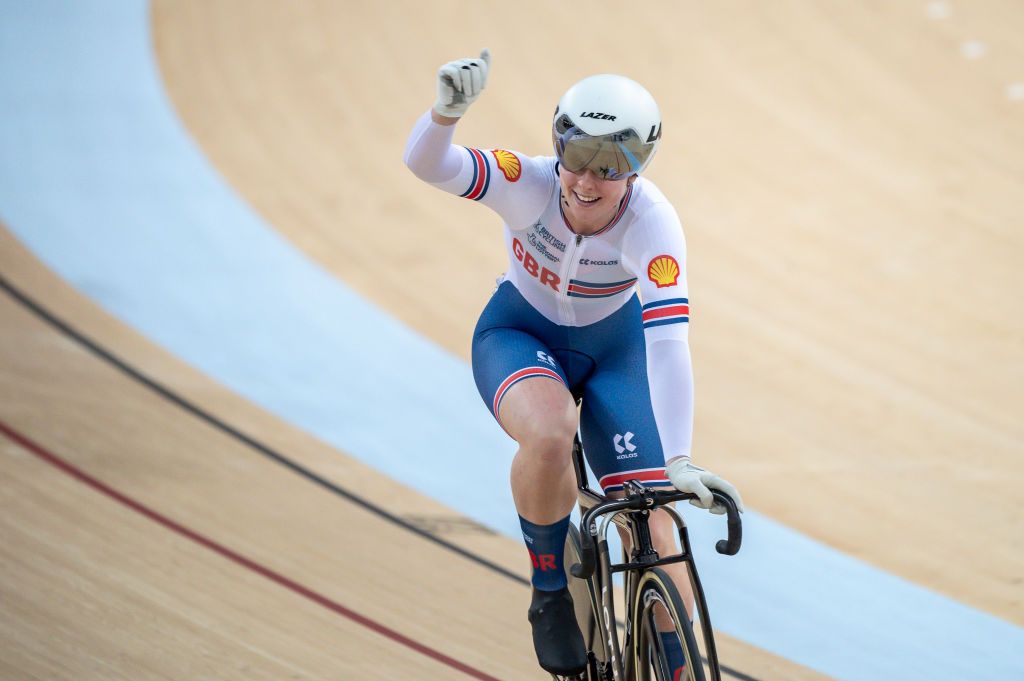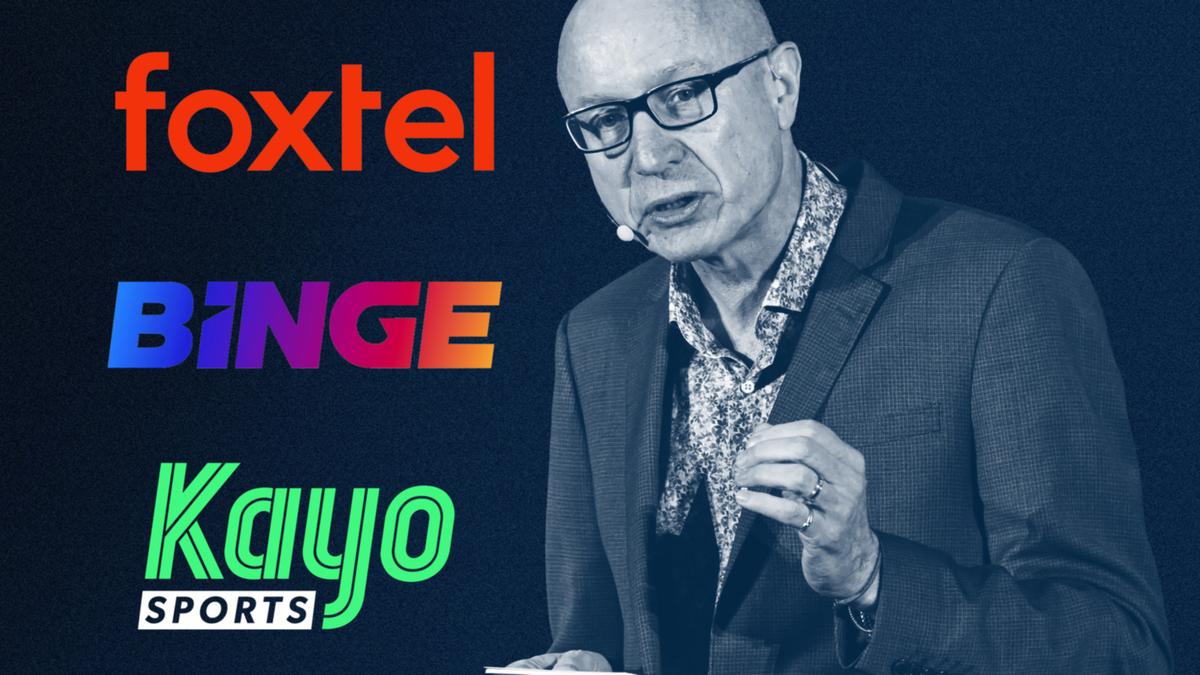British Cycling’s controversial partnership with fossil fuels giant Shell caused UK Sport to issue a warning to the then-CEO Brian Facer in which the national sport body expressed “considerable concern” about the sponsorship and its implications.
The letter, revealed through a freedom of information request from satirical and current affairs print magazine Private Eye, claimed that the partnership with Shell “potentially exposes UK Sport, the National Lottery and British Cycling to legal and reputational risk”.
The letter – sent days before the sponsorship was made public – also revealed that UK Sport held an extraordinary board meeting to discuss the partnership. During the meeting, board members expressed “considerable concern about both the nature and structure” of Shell’s sponsorship deal.
The deal, which was announced in 2022, was met with an extensive negative backlash. The eight-year deal stretched to 2030, with accelerating British Cycling’s journey to net zero as one of the key goals of the partnership.
However, the response on social media alone was telling of the depths of discontent, with the main announcement quote tweeted 2,800 times with predominantly negative feedback.
A senior figure from British Cycling described the deal to Cyclingnews at the time as like “shaking hands with the devil,” but as an unavoidable reaction to holes in the budget.
Brian Facer resigned only weeks after the deal was announced and was replaced by current CEO Jon Dutton.
UK Sport is a substantial stakeholder in British Cycling, providing more than £10 million in funding. The letter, sent before the sponsorship announcement and backlash, stated that the partnership “potentially exposes UK Sport, the National Lottery and British Cycling to legal and reputational risk”.
The letter clarified that British Cycling’s partnership with Shell put pressure on UK Sport “to consider the implications of such partnerships” on the distribution of public money from sources such as the National Lottery.
Funding for the next Olympic cycle will be a critical issue for British Cycling and Team GB, who fell slightly short of expectations at the 2024 Olympics where Great Britain secured a single gold medal in track cycling in contrast to six gold medals at the Tokyo Olympics in 2021.
However, British Cycling’s funding has been buoyed with the announcement in May of a new lead partner – Lloyds Bank – who has promised a “multi-year commitment” to British Cycling’s activities at both the community and elite level.





-large.jpg)
